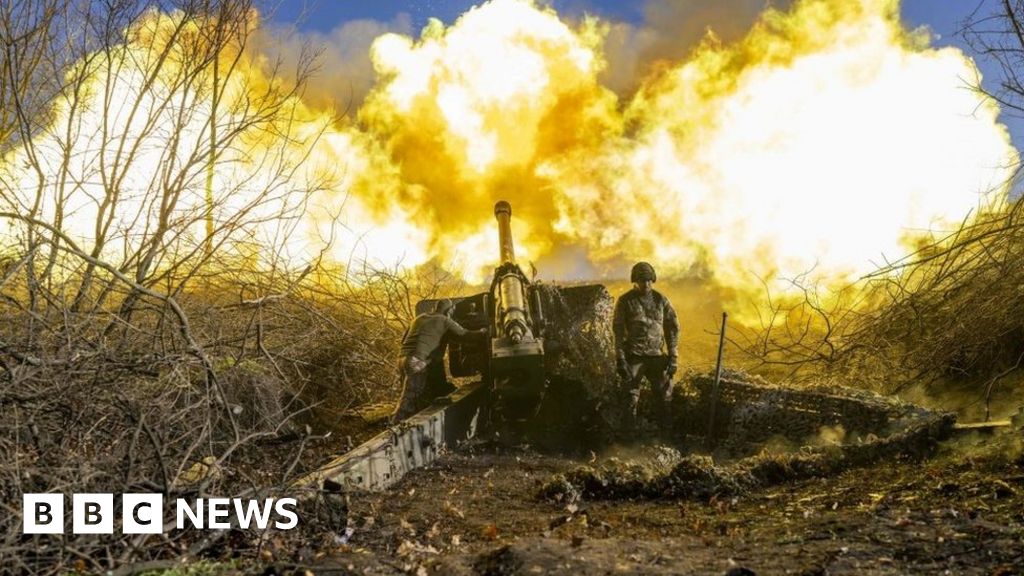
Russia Warns US Will Face ‘Much Harsher’
Consequences for Backing Kursk Invasion
Dave DeCamp / Antiwar.com
(August 27, 2924) — Russian Deputy Foreign Minister Sergey Ryabkov said on Tuesday that the US would face “much harsher” consequences for backing Ukraine’s offensive in Russia’s Kursk Oblast.
“The impression is that our colleagues [in Washington] have discarded the remnants of common sense and believe that they can do anything,” Ryabkov said, according to TASS.
“The consequences [for the United States] could be much harsher than those they are already experiencing, they know where and in what areas we are reacting in practical terms,” Ryabkov added.
The US claims it was not involved in the planning of the Kursk offensive, but it has allowed Ukraine to use US-provided armored vehicles, missiles, and bombs in the attack on Russian territory.
The New York Times reported that the US and the UK have also provided Ukraine with satellite imagery and other information about the Kursk region. Ryabkov said that US involvement in the Kursk offensive is an “obvious fact.”

Lavrov warns the US: “World War III wouldn’t be confined to Europe”
Ukraine is now pushing hard for the US to allow it to launch long-range strikes inside Russia using US-provided missiles. Russian Foreign Minister Sergey Lavrov strongly warned against this potential escalation and said the US should understand that if World War III breaks out, it wouldn’t be contained in Europe.
“Americans unequivocally associate conversations about Third World War as something that, God forbid, if it happens, will affect Europe exclusively,” Lavrov said.
Ukrainian President Volodymyr Zelensky has said that his Western backers are “naive” for worrying about escalation and called Russia’s red lines a “bluff.”
On Monday, Russia launched massive missile and drone attacks across Ukraine, which was seen as retaliation for the Kursk offensive. Russia followed up with another heavy bombing on Tuesday.
Meanwhile, in eastern Ukraine, Russian forces continue to make steady gains, which have become more rapid since Ukraine launched its Kursk offensive on August 6.